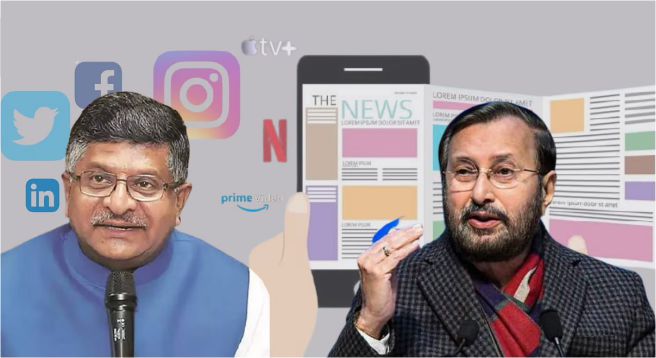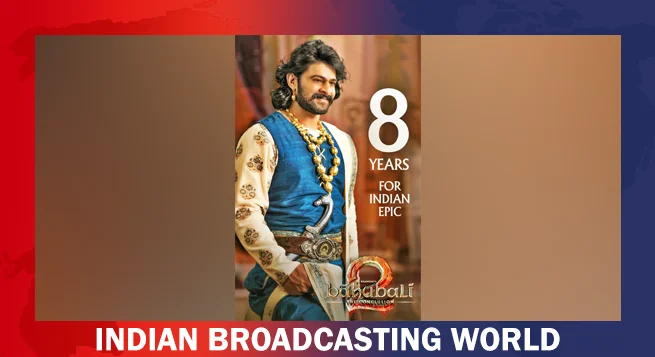Some contrary views are being expressed on the new norms announced by the Indian government for social media and OTT platforms, and publishers of digital news.
Economic Times newspaper, part of Times of India group’s media assets that include radio, newspapers, magazines, TV channels and news websites, termed the regulations related to digital news “illogical” in an editorial headlined `News is different, treat it differently’.
“New rules on regulating digital news portals, social media and streaming entertainment services have one fundamental flaw — they put news in the same regulatory basket as the other two. This is not just illogical, because news is completely and self-evidently different. It also potentially casts a huge shadow on media freedom,” the ET editorial on Friday said.
Pointing out that grievance redressal mechanisms are similar for news portals and sites that host user-generated content, which is “again just wrong”, ET said, “An oversight authority manned by government officials will be at the apex of the regulatory pyramid, under it will be a self-regulation body headed by a retired judge… To apply this to digital news portals is to change the very notion of press freedom as commonly understood.”
The DigiPub News India Foundation has written to Union Minister for I&B and Union Minister for Electronics and IT, expressing our reservations regarding the Information Technology (Intermediary Guidelines and Digital Media Ethics Code) Rules 2021. pic.twitter.com/vftBBDKczf
— DIGIPUB News India Foundation (@DigipubIndia) February 26, 2021
The editorial urged the government to hold consultations with publishers of digital news as it had done with other stakeholders before framing the new guidelines.
On Thursday, the Indian government announced sweeping guidelines for SM and OTT platforms, and digital news publishers that in a nutshell could be said to have empowered self-regulation under government oversight, which seek to put an end to a free run of edgy, highly political and sexual content on streaming services, apart from trying to check spread of misinformation and fake news on SM from within and outside the country emphasizing on identification of `first originator’ of such messages on SM platforms.
While the ET editorial termed the new norms, which have been formally notified, “unacceptable as they stand”, DigiPub, an association of Indian digital news portals, yesterday stated the government’s new rules “go against the fundamental principle of news and its role in a democracy”.
In a letter to Minister for Information and Broadcasting Prakash Javdekar, and Minister for Electronics and Information Technology and Law Ravi Shankar Prasad, DigiPub too urged the government to hold consultations with stakeholders.
Though DigiPub applauded the government for getting the digital media to self-regulate itself, it stated in the letter, “While rules and laws already exist to hold news media accountable, the aforesaid rules enable the executive government to even remove content published as current affairs or news (Rule14.) among other things. “
According to a report in BOOM Live, one of the founding members of DigiPub, the letter stresses that new rules not only infringe upon a news publication and author’s right to expression, but also “the citizen’s right to be informed and to have access to differing viewpoints”.
“For the executive to have the absolute power to regulate the content of news portals or publications would be to strike not only at the constitutional scheme but at democracy itself,” the letter said.
While agreeing with the government’s oft repeated viewpoint that freedom of expression was subject to reasonable restrictions, DigiPub clarified that those restrictions need to be reasonable, fair and just. “To empower a body of government servants to do so could inhibit the news media for doing its job,” the letter said.
On Thursday during a media briefing by the government when MIB minister Javadekar was asked a question as to why consultations were not held with publishers of digital news, the minister had clarified the government should know whom to hold consultation with as there’s no apex body of digital news publishers. However, he had assured he was always open for a dialogue if digital news publishers come collectively under a body.
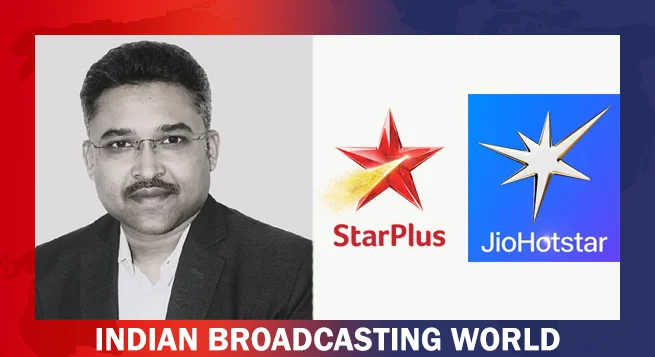 Avijit Dhar appointed VP-Marketing for Star Plus
Avijit Dhar appointed VP-Marketing for Star Plus 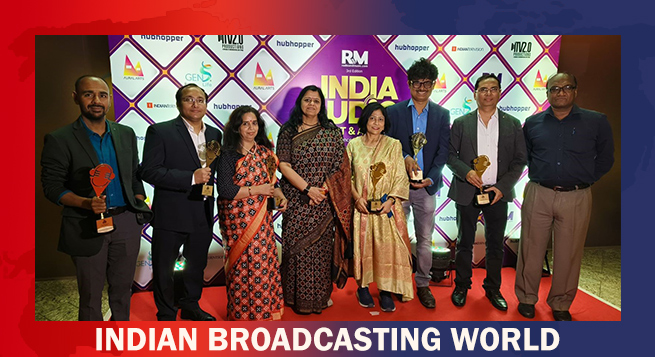 Akashvani bags 6 honours at India Audio Summit & Awards
Akashvani bags 6 honours at India Audio Summit & Awards  Govt tells media to desist from live coverage of defence ops
Govt tells media to desist from live coverage of defence ops  Jio Platforms net profit up 25.7% in Jan-Mar quarter
Jio Platforms net profit up 25.7% in Jan-Mar quarter 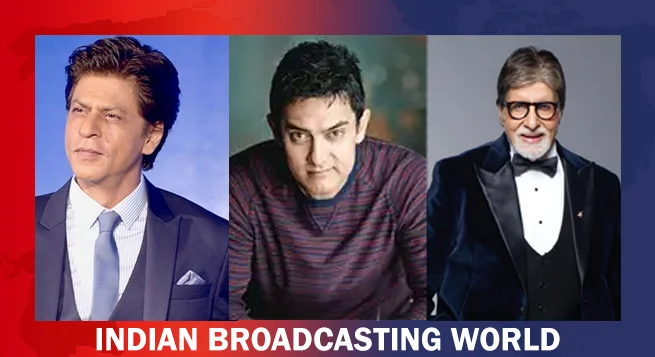 SRK, Aamir, Big B, Ted Sarandos, WPP CEO, MPA chief, other stars, to headline WAVES
SRK, Aamir, Big B, Ted Sarandos, WPP CEO, MPA chief, other stars, to headline WAVES 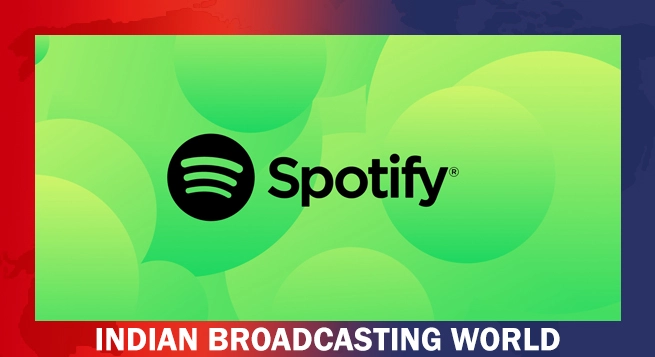 Spotify pays $100mn to podcasters in Q1 2025
Spotify pays $100mn to podcasters in Q1 2025 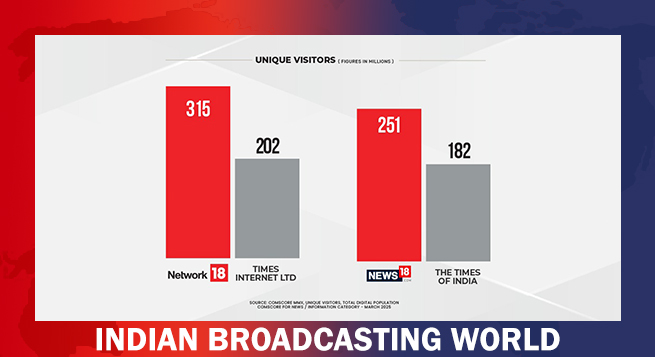 News18 overtakes TOI in digital leadership
News18 overtakes TOI in digital leadership 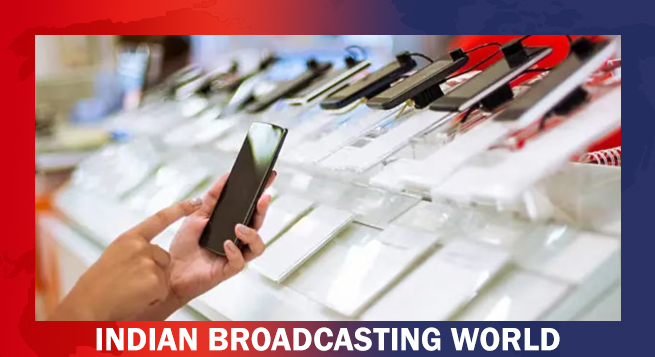 Make in India to get fresh impetus with direct-to-mobile technology
Make in India to get fresh impetus with direct-to-mobile technology 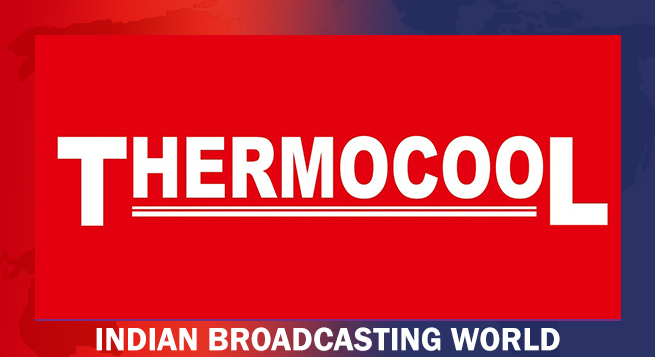 Thermocool partners with Ajay Devgn’s ‘RAID 2’ in advertising blitz
Thermocool partners with Ajay Devgn’s ‘RAID 2’ in advertising blitz 


